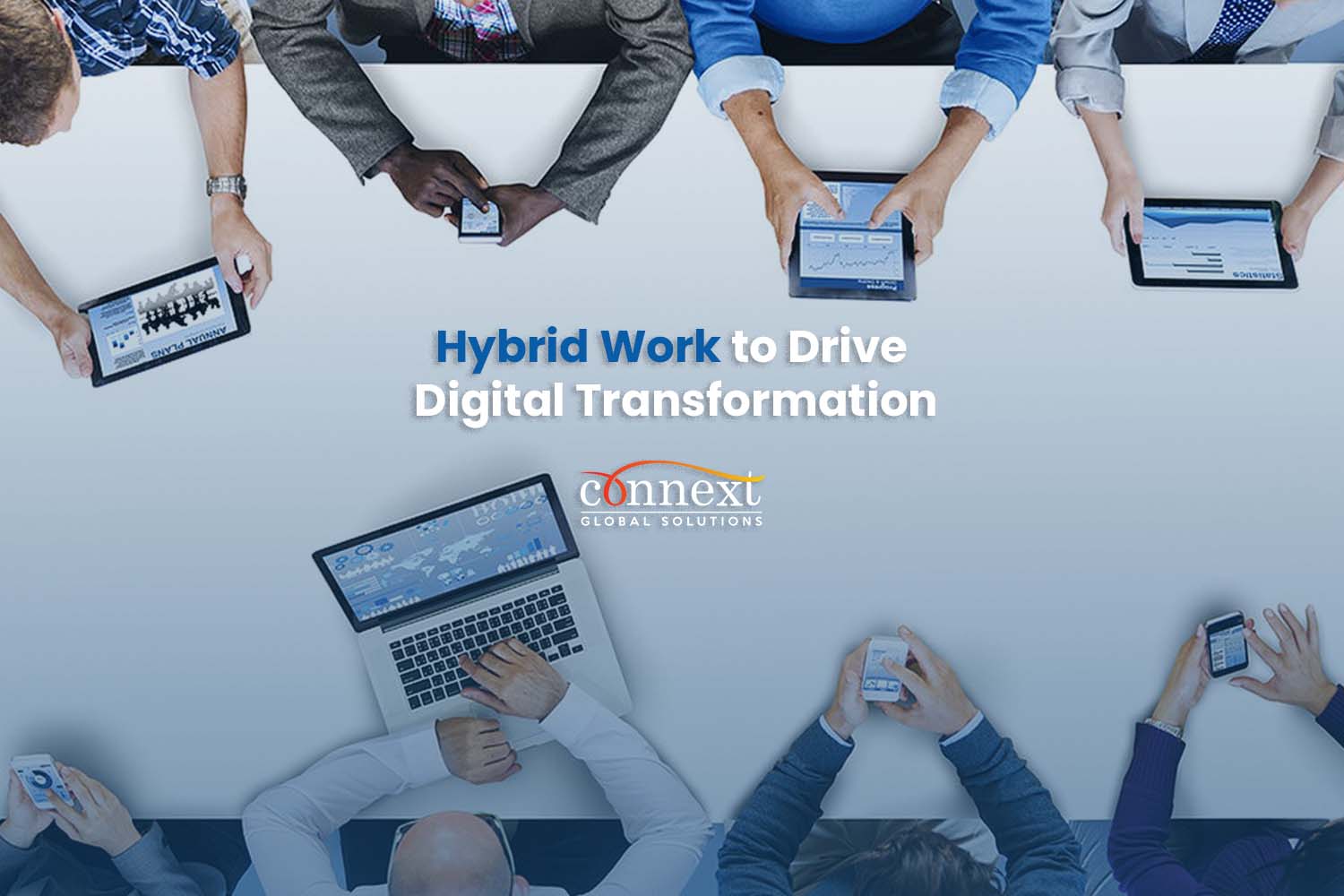With the shift in the labor market brought about by the COVID-19 pandemic comes the option of businesses, including business process outsourcing, to adopt a new workplace: the hybrid workplace. This model allows for a workplace where a businesses has employees who report in the office (onsite), work remotely (offsite), and those who can work onsite in specified work days in a week, and offsite in some work days.
Most organizations such as business process outsourcing companies, plan on adopting flexible work plans, of which the hybrid model is considered a perfect approach.
The hybrid workplace is considered a key element for organizations in need of agile operations, increased productivity and reduced cost structures. Organizations can conduct thorough assessments to determine the flexibility required of the employees, account management and corresponding client communications.
According to a study conducted by Mercer last May 2021, 70% of companies said they were planning to adopt a hybrid model, while 20% will return to a predominantly office-first model. (Mercer)
A vast majority of HR leaders (95%) expect that at least some of their employees will work remotely after the pandemic. This shift to hybrid work will be a massive driver of transformation, and one HR leaders must be prepared to support. (Gartner)
Recently, companies regard the cloud as the preferred data storage. Being able to effectively utilize cloud software and cloud-based tools allow for reduced workload of IT staff, reduce cost structure, and allows for real-time sharing and monitoring.
The increase in cloud-based digital collaboration tools defines the new hybrid workplace model. Cloud-based collaboration tools allow for a seamless transition and flexibility for companies looking to shift from an office-first model to a hybrid model, or even a remote-first model. Some cloud-based collaborative tools such as Slack, Zoom, Microsoft Teams, Google Meet, Webex, Skype are popular in business process outsourcing companies for management and client communications.
Nearly 80% of workers are using collaboration tools for work in 2021, up from just over half of workers in 2019, according to the Gartner, Inc. Digital Worker Experience Survey*. This is an increase of 44% since the pandemic began. (Gartner)
Aside from collaboration tools, the need for intelligent automation technologies such as RPA and AI accelerated as these provide a customized customer journey, enabling more efficient business processes and improved overall client and employee experience.
Stemming from the pandemic, 48% of respondents said their organizations are increasing their spend on RPA in the next year by 5% or more.” (Forrester Consulting via UI Path, The Future of Work: A Pandemic Spotlight)
Connext Global Solutions understands the processes and capabilities required by the hybrid workplace. At Connext, we have a dedicated team of robotic process automation experts to automate key business processes and provide digital optimization to improve the productivity, cycle time, accuracy, and scalability and user experience. Connext At Home allows clients to outsource to offshore Connext teams who work from anywhere. The company’s remote teams use a digitally secure remote setup with 24/7 IT Support to work from their home or place of choice- be it office, remote, or both. Outsource to Connext today.









